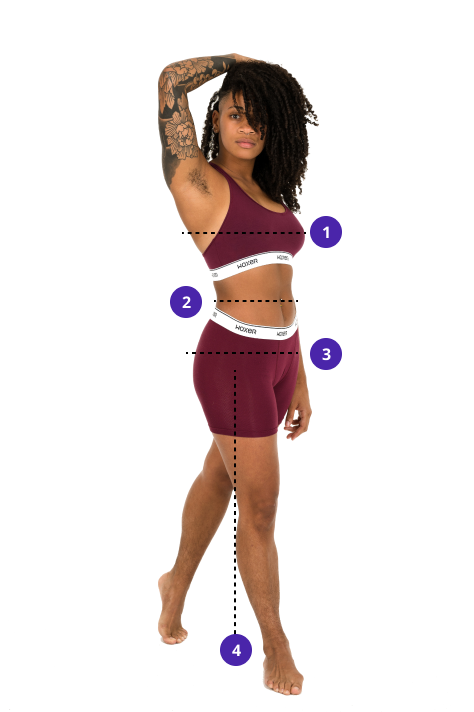Sustainability. When we hear that word, we typically think of resources that can be harnessed and used from the earth without harming the environment. Since the COVID-19 pandemic took hold, we see that sustainability means so much more than that.
The evolution of sustainability
With the world on pause, we quickly see what we need to sustain not only the planet, but our own mental and physical health.

During the first days of the COVID-19 crisis, the notion of sustainability switched from the planet to personal wellbeing. Everyone wanted to ensure they had food and shelter. Issues around this became quickly apparent as workers were forced to stay home, jeopardizing their ability to pay for rent/mortgages. Then the panic shopping and hoarding started, stripping shelves bare of food, diapers, and (inexplicably) toilet paper.
Disturbingly, some of the earth-sustainable practices humans fought so hard to put into place went right out the window. Shoppers were encouraged to leave their reusable bags at home and only use plastic disposable bags. Refillable coffee mugs and dishes disappeared from restaurants in favor of disposable takeout containers. Cases of plastic water bottles flew off the shelves.
As COVID-19 forced the world into a new normal and we became more accustomed to being at home and curtailing our consumerism, the world showed us how much damage we had done. Animals that had been forced from their habitats came into the cities. The air quality changed dramatically; pollution levels dropped. Waterways cleared. It’s almost like the planet is breathing a sigh of relief.
Lessons learned about sustainability
Learning that we can live on less, learning about what we truly value (which is, apparently, toilet paper), and seeing the extent of the damage we have done to the planet should give us all a giant moment of pause (beyond the forced pause of isolation). We are in dire circumstances but can glean some positives going forward if we use this time to truly think about what sustainability means to us on a personal level.
After the pandemic will you rush back into your former life or will you:
- Think about ways you can better impact the planet to keep pollution low and waters cleaner.
- Think about what you need in your life to sustain your wellbeing and realize it is people and relationships more than the latest expensive branded gadgets.
- Think about the food you eat and the clothes you wear, where they come from, what they do to your body, and if its procurement honors the people and resources used to get you that food/clothing item.
The biggest sustainability factor is comfort
If we have learned nothing else from the pandemic, the one big takeaway is that comfort is the biggest sustainability factor. Comfort is what is driving everything from the need to hoard toilet paper to bake banana bread. Right now, we are not focused on the latest iPhone or the next dream vacation. We want to feel comfortable and secure – and something as simple as toilet paper and a warm slice of banana bread is what it takes to sustain us.

Jess wears Baller in Navy Blue
We get it. At Woxer our mantra has always been: comfort, comfort, comfort. When you are comfortable, you are empowered. When you are empowered, you make better decisions for yourself and for the planet. When you make positive decisions, you sustain yourself and the world around you.
Woxer stands for sustainability in all forms. We empower you to sustain yourself by living your most comfortable life and we encourage environmentally sustainable practices by using ethically-sourced, renewable modal fabric in our products.
We care about you. We care about the planet. We are passionate about sustainability.









